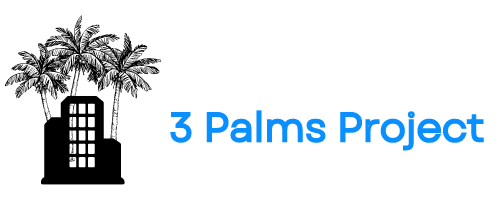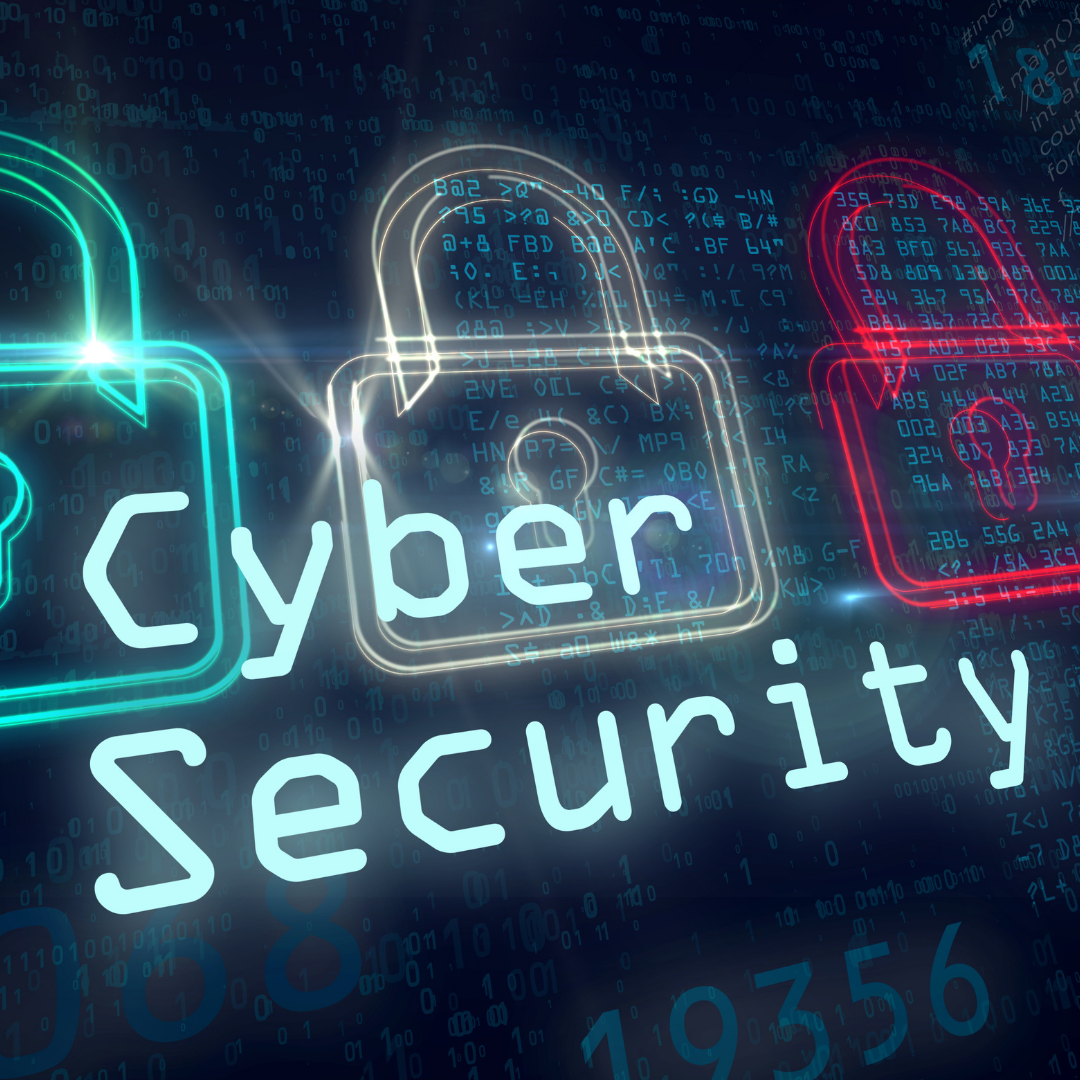What is cybersecurity? Well, it’s the study of protecting information from being stolen or destroyed or from being used by unauthorized individuals to gain access to other information. For many people, it’s a topic that only peripherally touches their lives, but it’s a constant battle for those who do a lot of that kind of work. When you consider that all kinds of organizations and institutions rely on the protection of data, it’s a big deal. There are a lot of cybersecurity issues that need to be looked at by businesses to make sure that they are addressing each and everyone in their system.
Cybersecurity is a broad term that covers a multitude of different areas, from computer security to network security to the security of information systems and information assets. These areas have different definitions and priorities, and they each have a variety of specific security requirements.
The cybersecurity industry is a $71 billion industry. We’re seeing rapid technological advancements and growth moving towards protecting critical infrastructures such as power grids, water and food supplies, and the like. The Department of Homeland Security, for example, predicts that this industry will grow from $63.08 billion in 2016 to $71.24 billion in 2020, according to the National Cybersecurity Alliance. Unfortunately, this growth has been accompanied by a proliferation of cybercrime and hacking, which has seen a rise in cyber incidents.
The world of cybersecurity is expansive, and the marketplace is constantly growing. It’s not only the government that is concerned about information security. It’s also corporate entities that lead to the growth of the industry. The ever-growing threat of cyber-attacks is resulting in companies investing more money in cybersecurity solutions. Even with every possible measure in place, however, attacks or data breaches may happen at unpredictable times. For such cases, it is always advisable to have a comprehensive incident response plan in place to immediately detect and solve the threats or breaches. This is called digital forensics, and something that companies like Eide Bailly (https://www.eidebailly.com/services/fraud-and-forensic-advisory/digital-forensics) can help with. Today, we’ll be helping you with keeping your cybersecurity working in business in 2021.
1. Cybersecurity is a critical topic for businesses. Unfortunately, many businesses are not adequately prepared to deal with the possibility of a cyber-attack. When a cyber-attack does occur, the damage can be extensive and even irreparable. For example, in 2015, McAfee’s internet security and monitoring firm reported that almost one in three organizations suffered a breach in 2014. The average cost of a cyber-attack to a business was $3.5 million. Businesses need to make sure their security systems are in place and working properly to mitigate the possibility of a breach.
In today’s world, where hackers are constantly becoming more sophisticated, smart business owners know that they must protect themselves from data loss and loss of privacy. This is where a good backup plan can come in handy. You can back up your data using a number of tools (you could look here for an example, as cloud computing is one prominent means of backing up and protecting these figures), depending on the kind of data you have and how you want to protect it. Also implementing simple strategies into the business’s network security can save you from attacks in the future. This could be something like finding a vpn for chrome to increase your business security or other similar methods.
2. Last year, over 330 million records were exposed due to the Equifax data breach, leaving consumers exposed to identity theft, money laundering, phishing, and other online threats. To help protect against these threats, you should protect your account with two-factor authentication (2FA) system for your online accounts.
“During a recent cybersecurity conference, I heard about two-factor authentication (2FA) and wanted to understand the technology better. For those who may not be familiar, 2FA is an extra layer of security that is meant to prevent unauthorized access to your account if you are ever attacked. It is widely used in simple ways like requiring a password and a second authentication that must be entered before you can log in, but is also used for more sophisticated tasks like restricting access to your smartphone’s camera or fingerprint sensor.”
3. Phishing, or “phishing” in general, is a form of online fraud that targets users in order to obtain credentials, private information, or other information that can be used to steal money or identity. The most common phishing scams are emails that pretend to be from a trustworthy entity in order to trick you into providing sensitive information, usually related to your personal or financial account.
Internet users are always looking for tips on how they can prevent phishing scams and Internet fraud, such as spear phishing, identity theft, and malware. According to Michael Kang, a senior threat researcher at Lookout, such scams are difficult to identify because the sender’s address doesn’t appear to be from a known address. For instance, the sender could be asking you to click on a link or call a phone number that may come from a compromised computer. The scammer could also be asking you to share personal information, such as your credit card information.

